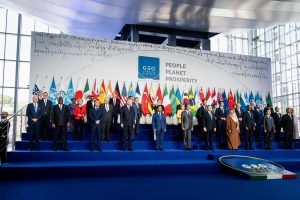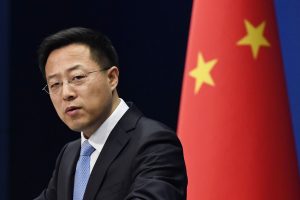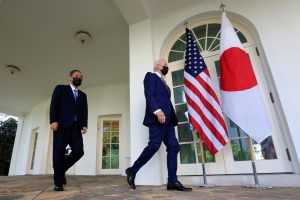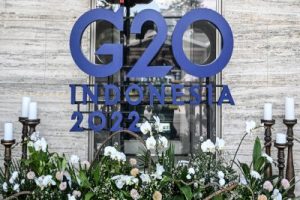
It is a challenging G20 Summit. For any host. No less so for Indonesia, the first Global South leader in a follow on series of Global South hosts.
This year in November the G20 Summit is scheduled for Bali to then be followed in 2023 by India. India will then be followed in 2024 by Brazil and presumably, though not yet announced South Africa in 2025. So, what’s the problem? Well, in principle nothing. But these Global South hosts are only slowly becoming accustomed to leadership roles where advancing the global governance agenda is called for in the leadership role.
The second dilemma is the dramatic impact of renewed geopolitics. The growing tensions and rivalry between China and the US now dominate relations between these two leading powers. These bilateral tensions have been amped significantly higher by the Russian aggression against Ukraine. War in Europe, as we haven’t seen in decades now sharpens differences between China and the United States. These difficult bilateral relations have now been further strained by Taiwan tensions following US House Speaker Pelosi’s visit to the island state. These strains are reflected in the undermining of collaborative global governance relations between the two, and more broadly the apparent hobbling of multilateral relations.
So, two threats to advancing critical global governance policy at the global summitry level. These threats are particularly enhanced where domestic politics dominates and global leadership emerges rather more as an afterthought. And it would seem that is exactly what our Host faces. First, the dominance of domestic politics. This feature of Indonesian leadership politics is precisely what is identified by Shafiah Mushibat in his recent post at EAF titled: “Indonesia steps innocently onto the international stage”:
In Indonesian politics, the domestic audience and interests still trump the global audience and global common interests. This is not unusual, and it’s reasonable, considering that foreign policy involves actions and activities by governments that aim to defend and promote national interests. But Indonesia is quickly discovering that marrying its international roles, responsibilities and expectations that go with them to national interests that please domestic audiences is not altogether easy.
Mushibat concludes that the Indonesian President has chosen to emphasize the domestic politics of Indonesia’s leadership of the G20. He writes:
Approaching the G20 presidency, the Indonesian government initiated many activities to promote its role domestically. This included raising awareness of the G20’s ‘benefits’, such as the direct economic benefits of hosting the summit. In a November 2021 speech, Widodo pressed the country to make the most of its strategic position in the G20 presidency and ‘prioritise national interests’. Explaining how the G20 presidency will benefit the country has been a main part of the government’s effort to ensure domestic support for all the efforts.
And as to the second and growing threat – the destructive impact of geopolitical tensions – they are real:
Indonesia has been lauded as representing the voices of developing nations and emerging economies outside of the G20, but its presidency faces major challenges — mainly because of the geopolitical implications from the Russia–Ukraine war. While the G20 has performed important functions for member states and the world at large, it struggles with balancing the pursuit of its members’ national interests with a genuine commitment to the global common good. As the world grapples with economic and health recovery from COVID-19 and the impact of the Russia–Ukraine war on food and energy supplies, the global common good and how to achieve it is the vital interest.
The corrosive impact of Russia’s war in Ukraine on global cooperation cannot be underestimated. It has ramped up Biden Administration efforts to build alliances and partnerships. Included in that circle of partnership efforts is the G7 where the United States has emphasized the ‘like mindedness’ and democratic character of the G7. With all the emphasis on the G7 there seems to be little room for a Biden collaborative focus on the G20. Working the G20 with China in particular with all its Ministerials, Working Parties and Task Forces is a key but apparently a key not willing to be turned by the Biden Administration. The G20, of course, includes Russia and much of the US G20 public discussion has urged the exclusion of Russia from the Summit. Rather than a focus on advancing collaborative efforts the public statements have been on Russia’s exclusion and questioning China, at least in public, on its positioning with respect to Russia.
Meanwhile Widodo has tried to smooth the difficult Russian presence by inviting the Zelenskyy, the President of Ukraine to attend at Bali as well. But the critical focus has to be on the Biden Administration to ‘grab’ the G20 ring, avoid the Russian distraction, and focus on critical multilateral global governance initiatives.
Image Credit: East Asia Forum

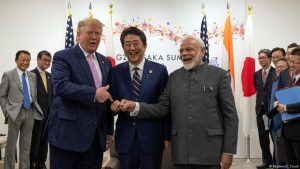

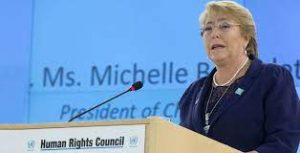
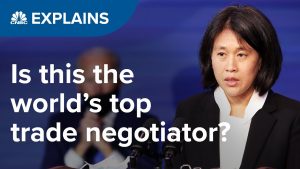
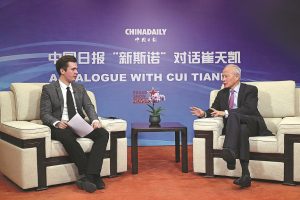
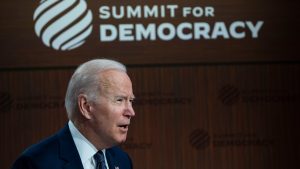 So, the
So, the 